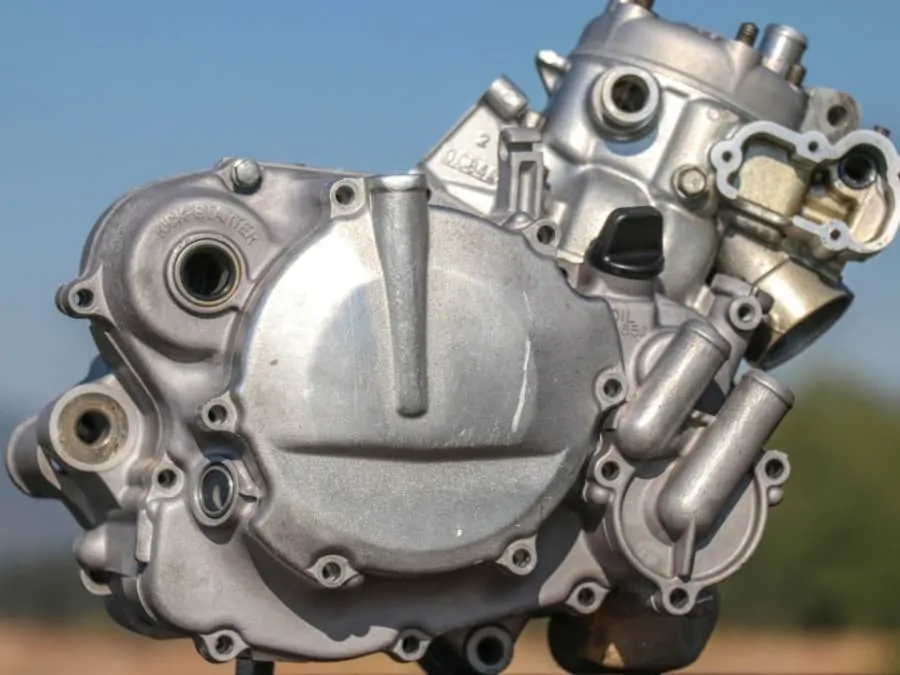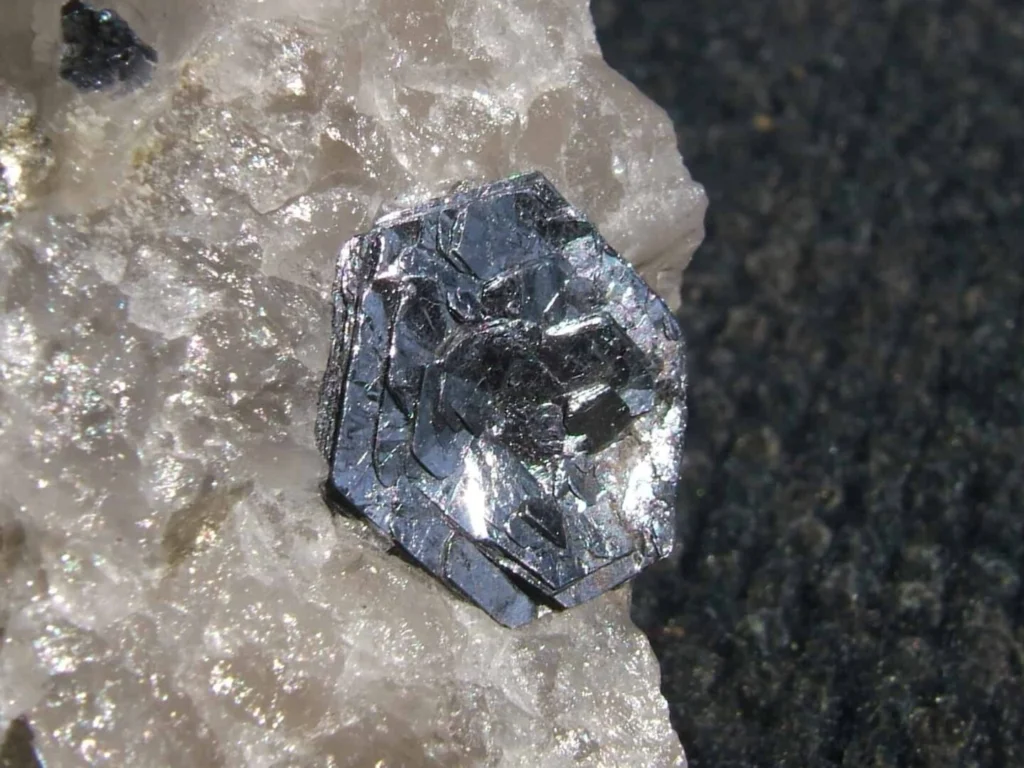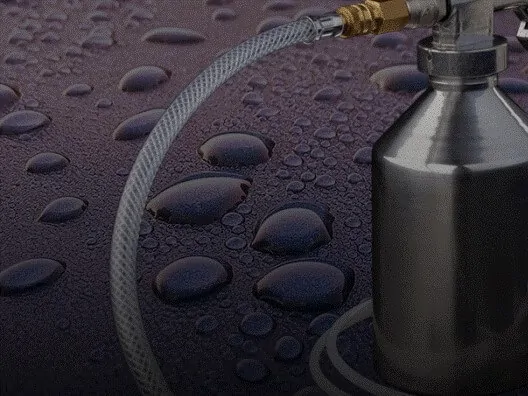You probably know the basics of your car's engine. If not, or if you are interested in learning more, let's discuss this interesting topic with you.
The engine works thanks to the fuel and, in turn, drives the wheels. In general, to fully understand the operation of the car, you do not need to study aerodynamics, electronics, or the chemical formulas of lubricants and coolants. In general, everything is quite simple.
However, if you want to get the most out of your car, we recommend that you still take an interest in the details, how everything works from the inside and what is even more important - how it can be influenced.
And therefore, in our next articles, we will begin to tell you more and in more detail about the engine and processes. AND let's focus on engine oil.
Why does a car need oil?
The car moves thanks to the combustion of fuel and the driving force that is generated from it. Simply put, the mixture of fuel and air enters the cylinder of the car (below), where the piston compresses it, resulting in a flash and combustion.
The generated energy energy is transmitted to the crankshaft, which in turn lead to the movement of the wheel, and therefore the car.

The main detail in this process is a large number of places where metal-to-metal friction is present. It is clear that in places of such friction, thorough lubrication is necessary during the entire working time.
Without it, engine parts wear out quickly enough, which leads to faulty or less efficient operation.
To make this lubrication possible, oil is supplied from the oil pan to all such places (where there is metal-to-metal contact). The main such elements are pistons, crankshaft, as well as crankshaft and camshaft. After that, the oil is returned to the oil pan for re-circulation.

As you can see, this procedure allows you to significantly reduce friction in the critical joints of the engine, where the temperature can reach 300ºC.
The presence of oil is necessary for lubrication and also for temperature control to avoid malfunctions.
When should you change engine oil?
Of course, the oil will not be able to work correctly all the time. After passing through the engine and lubricating all the parts, a significant amount of debris and residues from the combustion of fuel, soot and gunpowder accumulates. Over time, this causes the oil to lose its properties and effectiveness. And then you need to change it.
This is also influenced by your driving style and the design of the car. And it often happens that you will not be able to notice the deterioration of the quality of the oil and its combustion. This can happen if the oil enters the cylinder and mixes with the fuel there before combustion. If you start this process, then later the consequences can be much worse!
In order to prevent this from happening, we recommend regularly changing the engine oil and checking whether the indicator has worked, indicating a problem.
Depending on your car and the type of oil used (synthetic or mineral), it is recommended to change the oil every 10,000-30,000 kilometers. Or every 1-2 years. However, after all, each car is unique, so we advise you to find out about the recommendations for your model, or contact our specialists for advice.
If you have a modern car that runs on synthetic oil, it can run up to 30,000 kilometers.
In the same situation, if the car is more than 10 years old or you use mineral oils, the replacement should take place more often.
If you are interested in when and how best to change the oil, pay attention to the instructions for your car, where such information is usually indicated. And also, of course, if your current oil viscosity is higher than the recommended one - it's better to stick with the one you have, as various changes in these characteristics can negatively affect performance.
And what is your experience with changing engine oil? Were there any curiosities? What can you recommend?
Stay with us!
In our next articles, we will talk about the viscosity of the oil, the comparison of synthetic and mineral oils, as well as how you can improve the characteristics of the oil by adding special additives.
Have an easy trip and a good car!
 automatic transmission (automatic)
automatic transmission (automatic) MKP (Mechanics)
MKP (Mechanics) Lubricating system
Lubricating system Fuel system
Fuel system Cooling system
Cooling system












